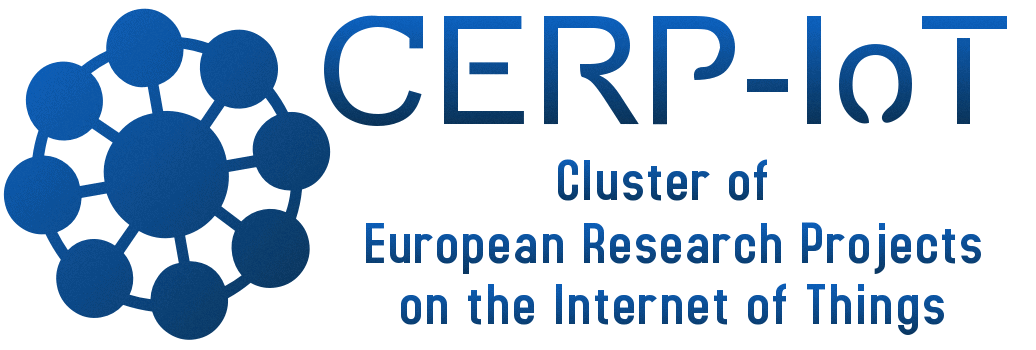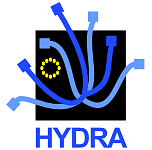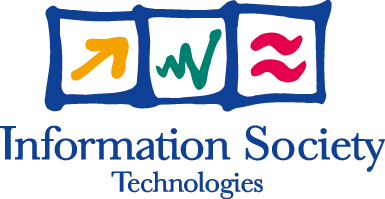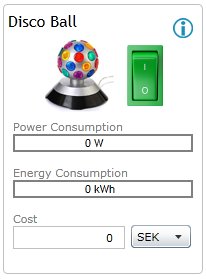New paper on the Hydra security meta-model released
 Driven by new network and middleware technologies such as mobile broadband, near-field communication, and context awareness the so-called ambient lifestyle will foster innovative use cases in different domains. In the EU project Hydra high-level security, trust and privacy concerns such as loss of control, profiling and surveillance are considered at the outset. At the end of this project the Hydra middleware development platform will have been designed so as to enable developers to realise secure ambient scenarios. This paper gives a short introduction to the Hydra project and its approach to ensure security by design.
Driven by new network and middleware technologies such as mobile broadband, near-field communication, and context awareness the so-called ambient lifestyle will foster innovative use cases in different domains. In the EU project Hydra high-level security, trust and privacy concerns such as loss of control, profiling and surveillance are considered at the outset. At the end of this project the Hydra middleware development platform will have been designed so as to enable developers to realise secure ambient scenarios. This paper gives a short introduction to the Hydra project and its approach to ensure security by design. Based on the results of a focus group analysis of the user domain “building automation” typical threats are evaluated and their risks are assessed. Then, specific security requirements with respect to security, privacy, and trust are derived in order to incorporate them into the Hydra Security Meta-Model. How concepts such as context, semantic resolution of security, and virtualisation support the overall Hydra approach will be introduced and illustrated on the basis of a technical building automation scenario.
The authors are Mario Hoffmann, Atta Badii, Stephan Engberg, Renjith Nair, Daniel Thiemert, Manuel Matthess, and Julian Schütte.
Download the paper here.





 The Hydra project is co-funded by the
The Hydra project is co-funded by the 


